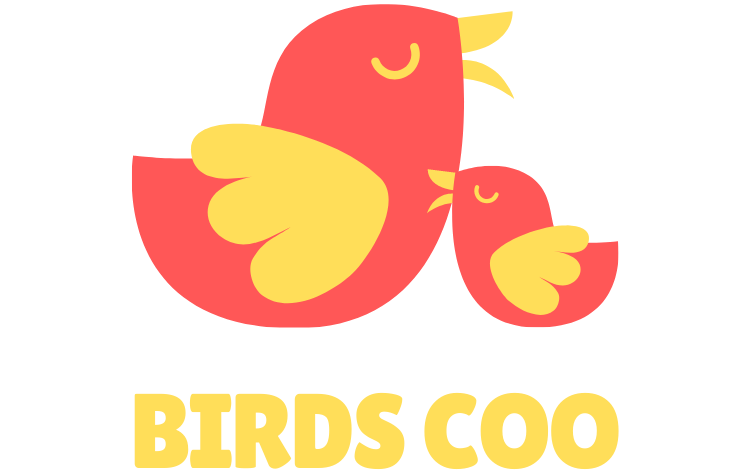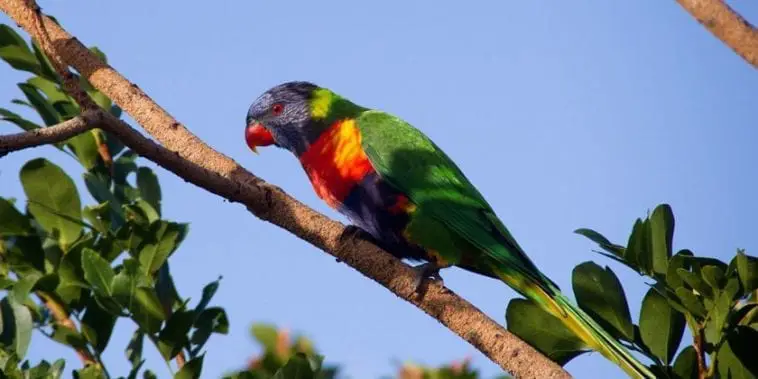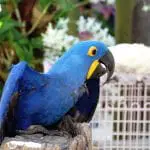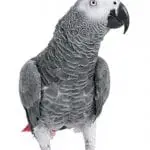Parrots are some of the most lovable pets to have for any kind of owner out there. They are smart, intelligent, fun to be with, affectionate, and even playful. However, some parrots can get too intelligent for their own good to the point that they will actually learn how to open the locks on their cage. On top of that, if you happen to be too playful with your pet parrot, there is a good chance that it will find a way to make its escape from your home due to how free and curious it is.
Once your parrot escapes and flies away from your home, you can be quick to say that it is already lost. The outside world can be very big for a single pet parrot, and it will be too curious and inquisitive to try to learn more about its new environment. When that happens, you won’t be able to easily track it down. Some parrot owners are even too quick to assume that it is already a lost cause and that they can no longer recover their parrot.
If you happen to get yourself into a similar situation, you should not lose hope. There is still a good chance that you will be able to recover your lost parrot as long as you follow our tips:
What you should do right away
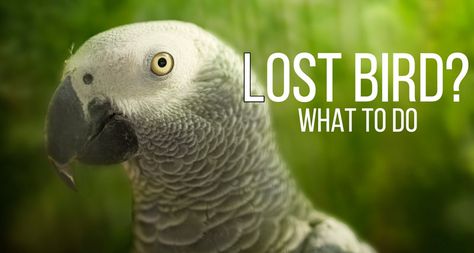
The moment you lose your parrot after it flies off and away from your home, you need to be able to do something immediately instead of panicking and feeling sad about a situation that seems impossible to turn around. As such, you should be too quick to prepare an immediate response to the situation so that you can find a quick remedy that could help you get yourself into a bird-recovery mode in a heartbeat instead of just wallowing in your sadness. In short, you must act quickly the moment you realize that your parrot is already gone and lost.
First off, what you need to do is to go find all of the people available to help you. Ask everyone in your home to help you find your missing parrot. If you live alone or if there is no one available in your house, go ask some neighbors because they know the neighborhood as well as you do. You can also go and ask your friends if they are available enough to lend their aid. After that, try to delegate tasks to each of the people that have come to help you so that all of you will be able to cover more ground and perform more actions that can ultimately lead to your bird’s recovery.
Second, you should ask some people to help you search nearby trees. Parrots won’t be able to fly for an indefinite period of time and will eventually get tired. When that happens, they will try to find a safe place where they can perch on and rest before they can start flying around again. In that case, trees should be at the top of your list of places to search because a parrot’s natural instinct is to actually find trees to rest on, just like how they normally do in the wild. Aside from trees, try looking for your parrot in nearby perches and ask your neighbors if you can search their property. If you have a bright-colored parrot, it will be easy to spot it.
Third, try asking some friends to gather bird nets and fishing nets that can be used to catch the bird after you spot it. Once you locate your parrot, there is a good chance that it will fly towards you. If it does, it will be easier to control it. But if it does not, you can have some friends help you catch it using the bird nets and the fishing nets. People it is unfamiliar with might scare it. It might try to fly away from them. As such, make sure that your friends are quick enough to use the nets to try to catch the parrot as soon as possible before it gets a chance to fly away from their sight.
Try to put yourself in the parrot’s point of view
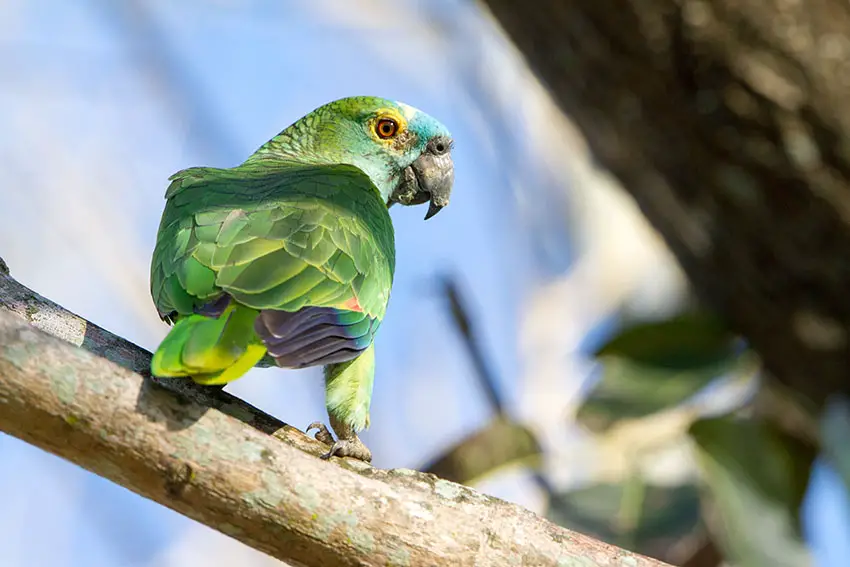
Another good practice that could help you spot your parrot quickly, you might want to put yourself in its situation and try to assess the situation from its point of view. Only you know your bird well, as none of the people helping you out are as knowledgeable of your pet parrot as you are. As such, you know how it acts, what it loves to do, and what it likes to eat in case it is hungry. You should also try to think about how it is feeling in such a scary and overwhelming situation that it is unfamiliar with.
Parrots that have lived in captivity their entire lives will not be used to living in the large outside world. As such, a lost parrot will most likely feel scared and might be too shocked to even try to move as much as it could. So, if you are familiar with your bird and what it is feeling in such a situation, try to look for it in places where it can feel safe. You can also look for it in places where it might be able to find food and water.
If are lucky enough to be able to spot your bird, it does not end there because your parrot should still be shocked and scared in such a situation. It might be too scared to even move at all. As such, try to find ways to help it feel at ease while you are getting its bird cage where it can feel safe and secure. One good way of calming your bird is to offer it food and water. However, if the bird is panicking, it might frantically fly away from you and your search party.
When birds are flying away, they do so without any direction or thought. The lost parrot won’t even try to pay attention to where it is going as long as its only purpose is to fly away to what it perceives as a safe place. In such a case, try to keep your eye on your bird as much as you can. Wear clothes that are brightly colored so that they will notice you quickly. Do not panic in such a situation so that you won’t be able to lose sight of your pet parrot.
Caging the bird
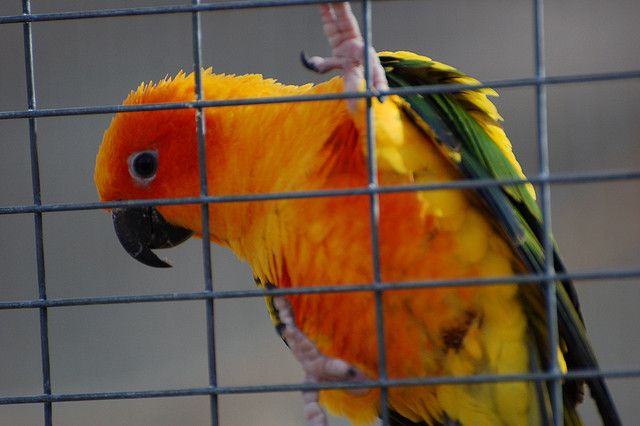
After you get yourself into a situation where you can probably put the bird back in its cage, make sure that you are actually carrying its cage at all times so that you no longer have to go home and get the cage. Place the cage near the area where it is most likely going to fly away. If it is in an enclosed space, place the cage near the opening of a doorway it would most probably fly away to. When trying to lure the parrot into its cage, try to catch its attention as much as possible. The cage should have food that it actually loves eating. Treats can be extra useful in this context. Also, try to make sounds that the parrot is familiar with so that it will actually try to fly to your way and make it easier for you to place it back in its cage.
